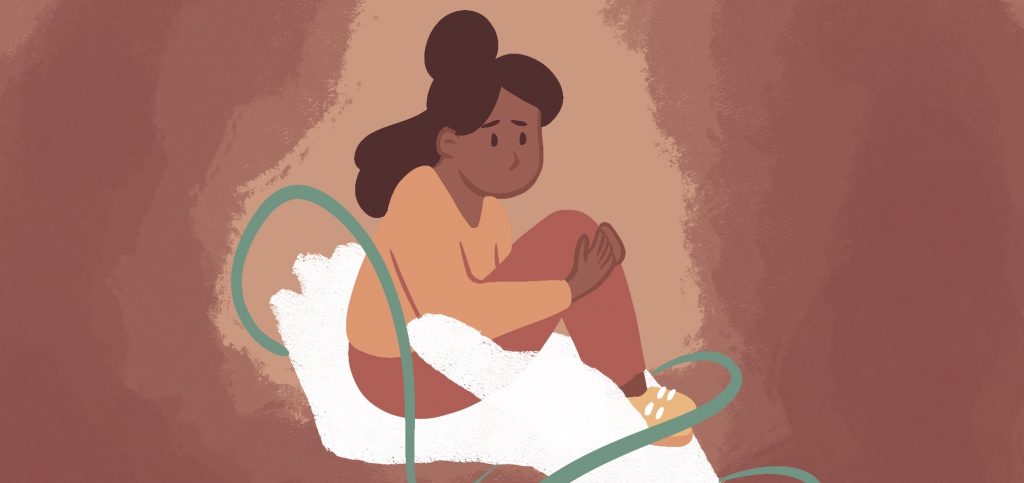
Moral injury in the context of aviation refers to the psychological distress that occurs when individuals in the aviation industry are exposed to events or situations that conflict with their moral or ethical beliefs. Unlike traditional psychological trauma, which often arises from direct threats to physical safety, moral injury stems from witnessing or being involved in actions that challenge one’s deeply held values, integrity, or sense of right and wrong.
It could be that you have been working for many years in a health system which has pulled you in too many directions. In aviation, individuals may experience moral injury due to various factors, including.
- Being involved in accidents or incidents that result in loss of life or injury to passengers or colleagues.
- Witnessing or participating in decisions that prioritise organizational goals over safety concerns.
- Feeling pressured to compromise safety standards or regulations to meet operational demands.
- Experiencing conflicts between personal values and organisational policies or practices.
- Coping with the aftermath of errors or mistakes that have serious consequences.
Symptoms of moral injury in aviation professionals may include:
- Guilt and self-blame: Individuals may feel responsible for events or decisions that resulted in harm to others, even if they were not directly at fault.
- Shame and humiliation: Aviation professionals may experience feelings of disgrace or embarrassment due to their perceived failure to uphold ethical standards or prevent negative outcomes.
- Emotional numbness: Some individuals may become emotionally detached or desensitized as a way to cope with the distressing nature of their experiences.
- Anxiety and depression: Moral injury can contribute to feelings of anxiety, depression, or hopelessness, particularly if individuals struggle to reconcile their actions with their values.
- Loss of trust and confidence: Aviation professionals may lose trust in themselves, their colleagues, or the organisation, leading to diminished confidence in their abilities or judgment.
- Social withdrawal: Moral injury can lead to social isolation as individuals may struggle to discuss or process their experiences with others who do not understand the complexities of their work.
Addressing moral injury in aviation requires a multifaceted approach that includes organisational support, access to mental health resources, and opportunities for reflection and debriefing. By acknowledging the impact of moral injury and fostering a culture of psychological safety, aviation organisations can help mitigate its effects and support the well-being of their employees.